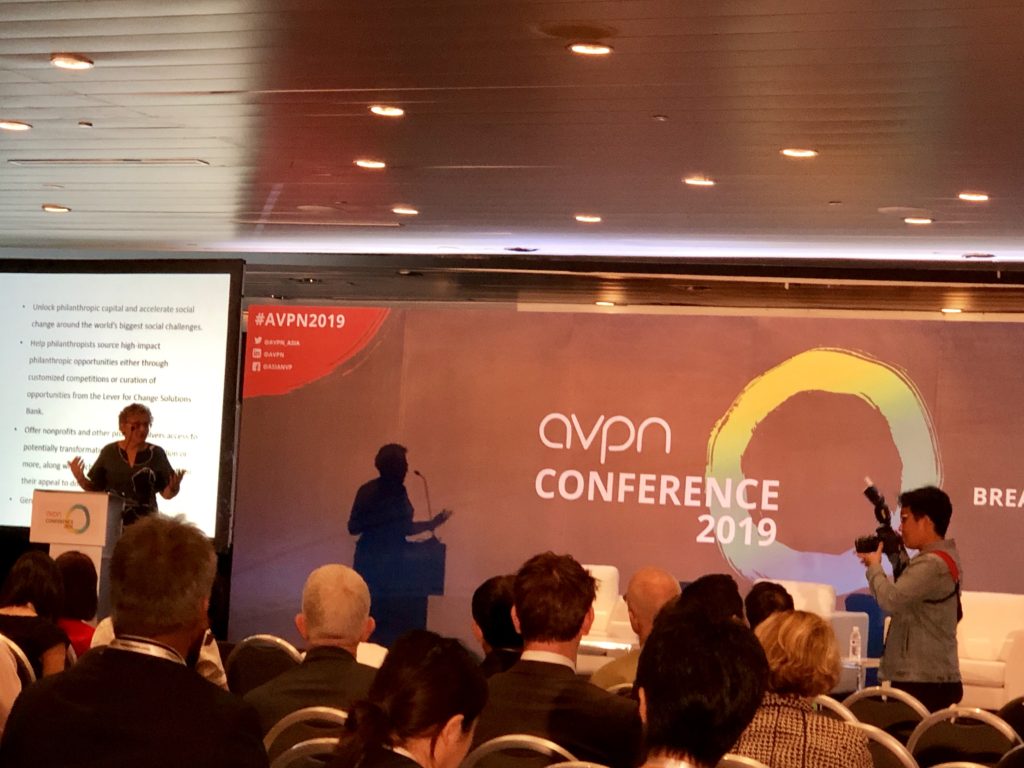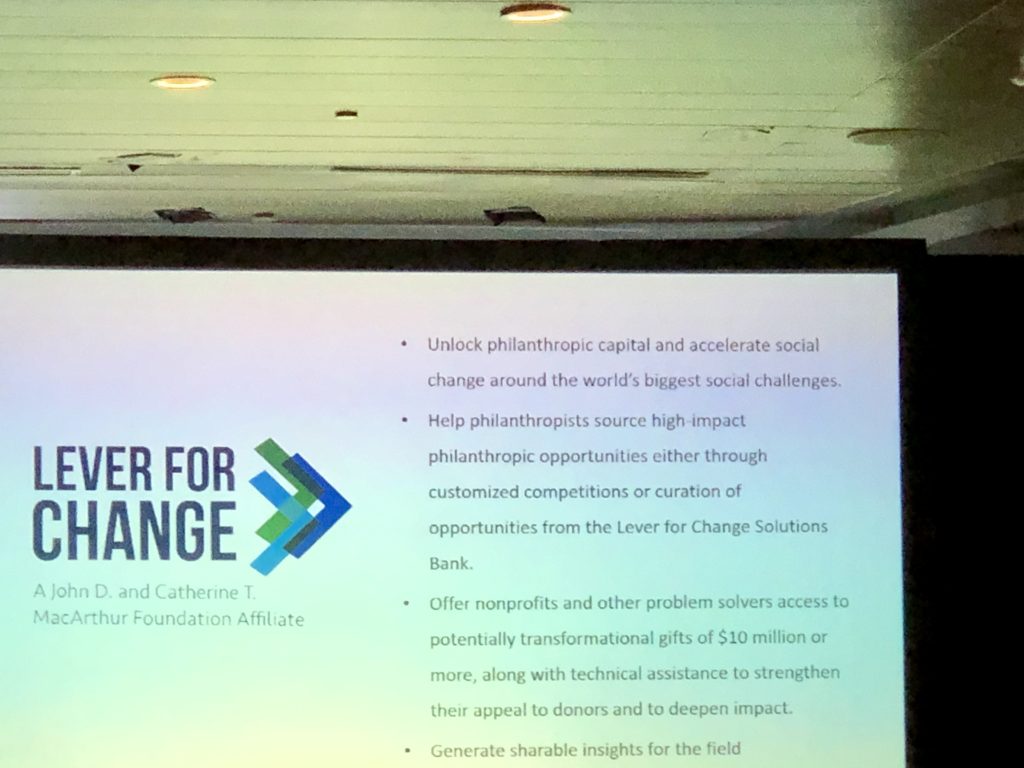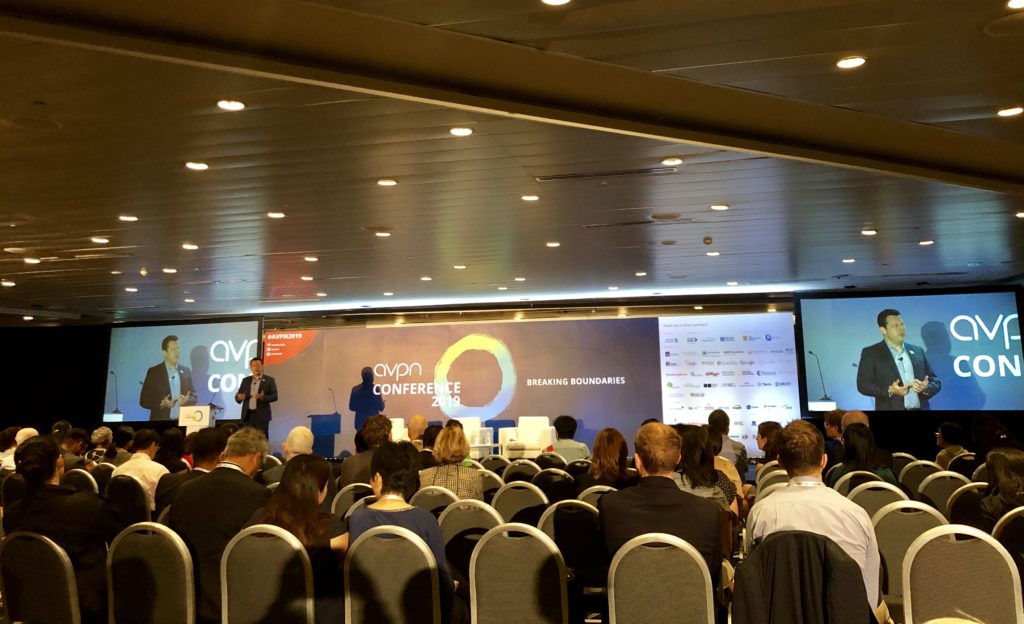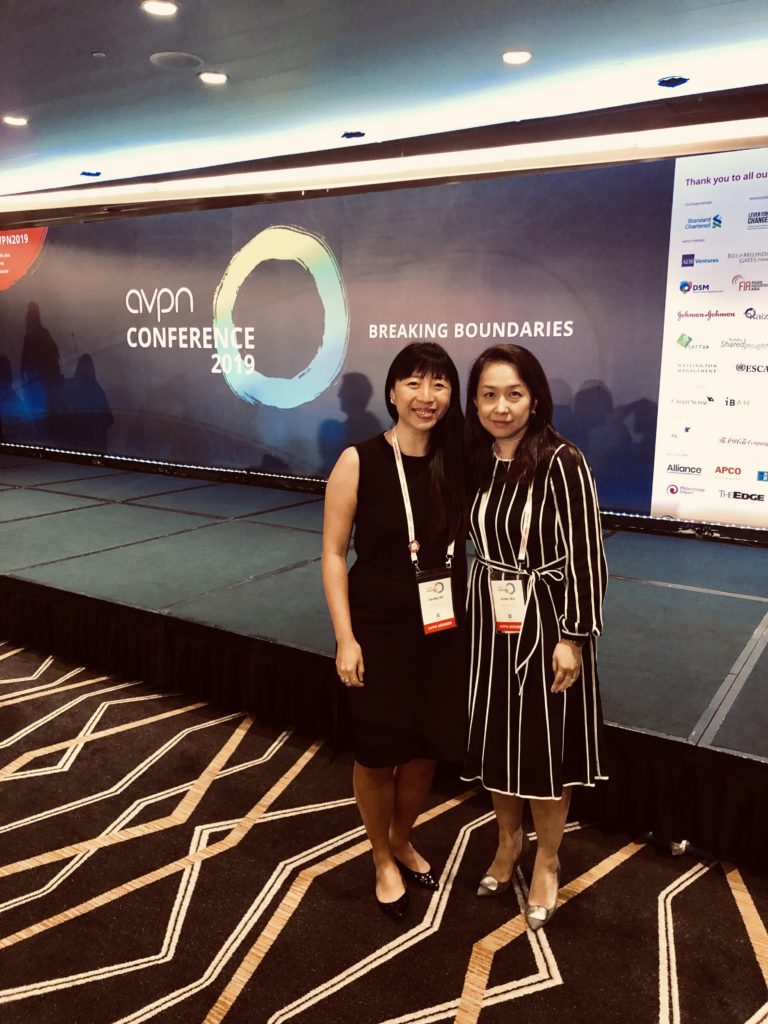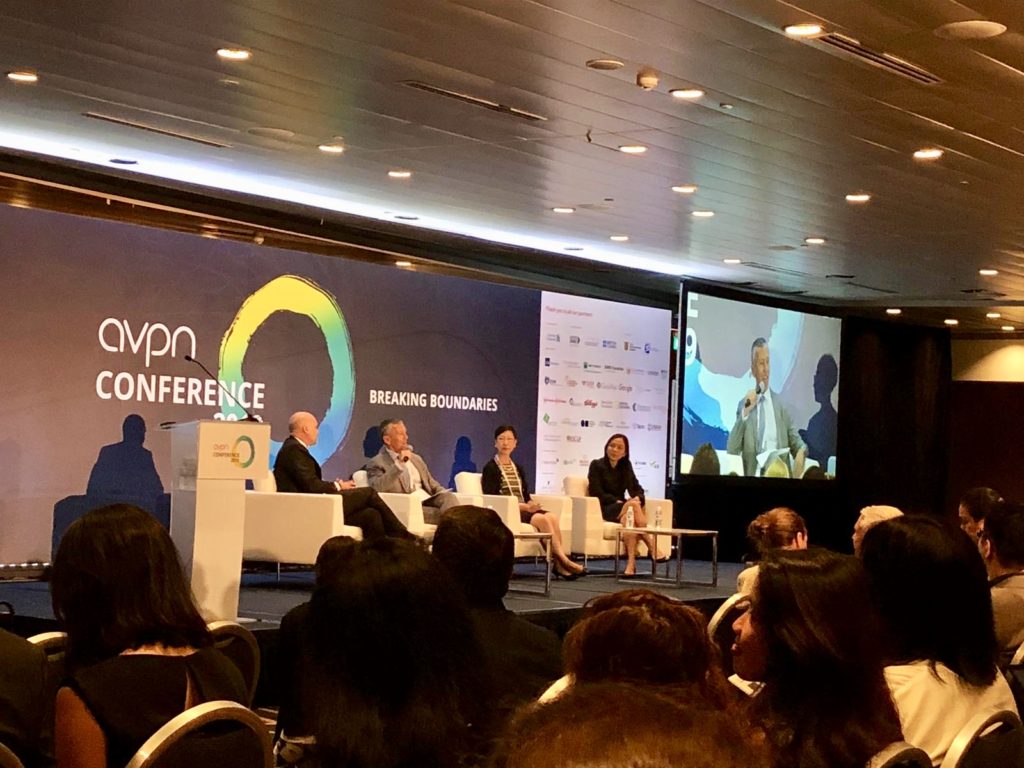Although this was indicated as being on the cards, China has surprised the global investment community with an unexpected formal announcement to abolish the quota requirements under the QFII and RQFII regimes. The China Statement Administration of Foreign Exchange (SAFE) published its statement on 10 September 2019 referring to this strategic policy decision as a measure of further opening up.
The framework for qualified foreign institutional investors (QFII) is the program first introduced in 2002 to allow foreign investment (and foreign exchange) into the onshore equities market in China for China A Shares listed on the Shanghai Stock Exchange and Shenzhen Stock Exchange, and to-date other domestic securities and investment instruments, under China’s strict foreign exchange controls. RQFII is the corresponding framework for offshore Renminbi in place since 2011.
Since the first implementations of the frameworks, foreign institutional investors including asset managers, pension funds, foundations, banks, securities firms and insurance companies as well as foreign sovereign wealth funds have to apply for specific quota limits on the amount of investment allowed into China, besides obtaining a QFII or RQFII licence subject to meeting relevant eligibility requirements. The quota requirements adopted under QFII and RQFII programs have been under SAFE’s management and oversight as part of foreign exchange controls and balance of payments.
According to SAFE’s statement, going forward, qualifying QFIIs and RQFIIs would only need to undergo a registration process to freely remit funds into China for investment in the domestic securities markets. This is intended to enable international investors to more easily and more broadly participate in the China bonds and stock markets.
The abolition of quota is certainly a significant event in the evolution of the frameworks since its first implementations. Over the years and having been through several key milestone initiatives, we have seen the changes from the earlier days when the QFII program was highly restricted in terms of eligibility conditions and availability of quota, as well as questions around custody and ownership that are now considerably established. The global investment community who have invested in the China market under QFII and RQFII has lived through challenges on quota management, tax compliance, repatriation limits and related liquidity risks. Many of these issues have now been largely liberalised or addressed under both QFII and RQFII programs.
This should be an interesting prospect for investment managers and other global investors who wish to further allocate into China A Shares and other domestic securities, perhaps in line with the inclusion and increase in weightage in global indices such as MSCI. We believe the removal of quota limits could spur development of index-tracking exchange-traded fund products and also more investment by such products into China A Shares, with flexibility to operate without quota constraints.
More details are required, however, and SAFE states that it is in the process of seeking the approval of the China State Council regarding the administrative measures and further announcement.
Global managers and institutional investors should closely watch this space for updates on the timing and manner in which existing quota system would transition, the proposed registration system that would replace the quota requirements, any corresponding changes regarding repatriation, or other account management issues.
Vivien Teu & Co LLP is experienced in advising investment managers on offshore investment products (such as retail funds authorised by the Hong Kong Securities & Futures Commission or private funds) that invest in China A Shares or domestic market through QFII / RQFII programs (or other cross-market channels such as stock connect or accessing China Inter-bank Bond Market). We would be happy to assist if you have any questions or wish to discuss the subject matter of this update.

